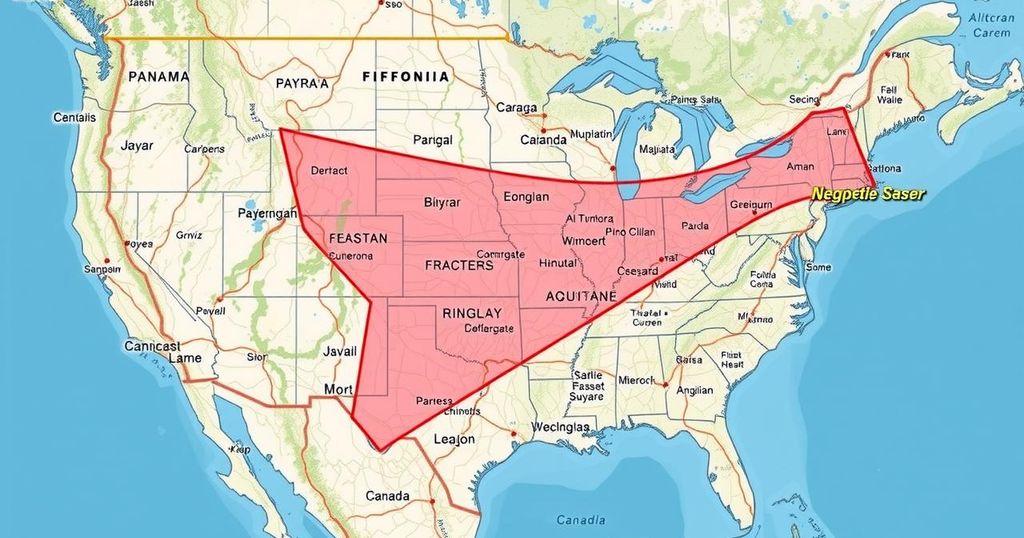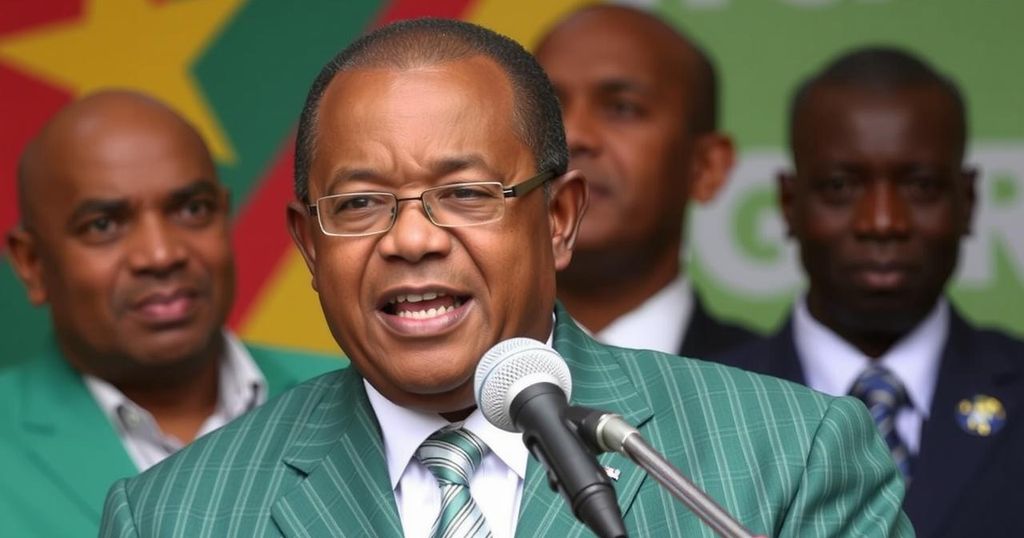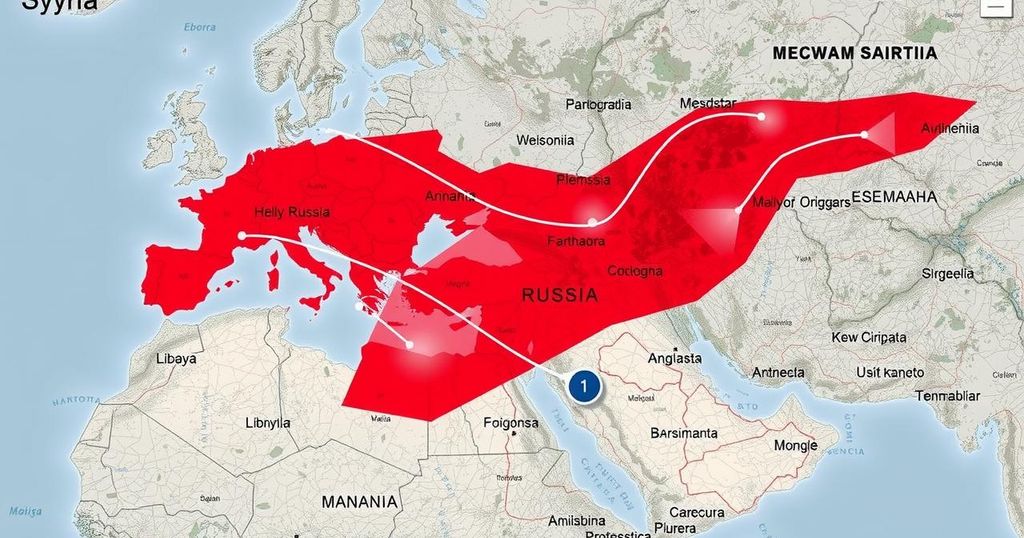World news
ALASKA, AMERICA, ARIZONA, ASIA, ATLANTIC, BIDEN ADMINISTRATION, CANADA, CNN, CNN POLITICS, DONALD TRUMP, EUROPE, EUROPE/ASIA, FENTANYL LABS, GREENLAND, LOUISIANA, LOUISIANA PURCHASE, MEXICO, NATIONAL SECURITY, NORTH AMERICA, PACIFIC, PANAMA, PANAMA CANAL, PHILIPPINES, POLITICS, RUSSIA, TRUMP, TRUMP ADMINISTRATION, U.S. ELECTIONS, UNITED STATES, US
Aisha Khan
0 Comments
Trump’s Provocative Statements on U.S. Expansion into Panama, Greenland, and Canada
President-elect Donald Trump has provoked discussions about the U.S. potentially expanding into territories like Canada, Panama, and Greenland. His comments have raised international responses, particularly from the officials of these regions, highlighting themes of nationalism and economic strategy. Trump’s ‘America First’ agenda is evident in these statements, which attempt to negotiate control and influence over strategic territories, potentially impacting U.S. foreign relations significantly.
President-elect Donald Trump has recently sparked discussions about potential American expansion into territories such as Canada, Panama, and Greenland. His provocative statements suggest a desire to consider Canada as the 51st state, threaten the reclamation of the Panama Canal, and advocate for the purchase of Greenland, which he has previously expressed interest in. These notions echo the 19th-century doctrine of Manifest Destiny, advocating for U.S. expansion for perceived national security and economic interests. Trump’s remarks about the Panama Canal, made amid broader discussions of American national strategy, highlight a nationalist agenda he often refers to as “America First.”
During his comments in Arizona, Trump labeled ownership of Greenland as an “absolute necessity” for national security and freedom while also reiterating the urgent need to designate drug cartels as foreign terrorist organizations. The implications of these ideas range from economic negotiations regarding canal fees to potential military actions against drug cartels in Mexico, raising concerns about sovereignty violations. Despite the controversial nature of his statements, Trump’s transition team refrained from clarifying the seriousness of these assertions, instead redirecting attention to his past comments.
Trump’s remarks have provoked significant responses from both Canadian and Panamanian officials. Panama’s President José Raúl Mulino firmly asserted that the canal is “not negotiable,” while the Prime Minister of Greenland stated, “Greenland is ours and will never be for sale.” Further, these discussions occur in the context of Trump’s historic comments on tariffs, positioning the U.S. in negotiations regarding border issues with Canada and Mexico. Overall, the discourse reflects Trump’s broader populist approach to international relations, mixing national pride with strategic economic positioning.
In recent days, President-elect Donald Trump has stirred significant conversation surrounding the United States’ potential territorial expansion, aiming to leverage his influence over Canada, Panama, and Greenland. These comments resonate with historical doctrines such as Manifest Destiny, advocating for the U.S. to assert its claim over foreign territories. Historically, the idea of manifest destiny represented a mid-19th century belief in America’s divine right to expand across North America. Trump’s statements suggest a return to such nationalistic ideals, albeit in a modern context. As Trump prepares to assume the presidency, the implications of his suggestions—covering economic negotiations and security measures against foreign cartel operations—prompt a reassessment of U.S.-Mexico and U.S.-Canada relations.
In conclusion, President-elect Donald Trump’s recent speculations about U.S. expansion into territories such as Canada, Panama, and Greenland highlight a distinct nationalistic agenda that echoes historical doctrines of expansionism. His comments raise significant concerns about international relationships, sovereignty, and economic negotiations. As these ideas continue to unfold, they challenge traditional diplomatic norms while reinforcing Trump’s “America First” posture, suggesting a foreign policy that may prioritize assertive measures against perceived threats and capitalize on economic opportunities to reaffirm U.S. dominance.
Original Source: www.cnn.com




Post Comment